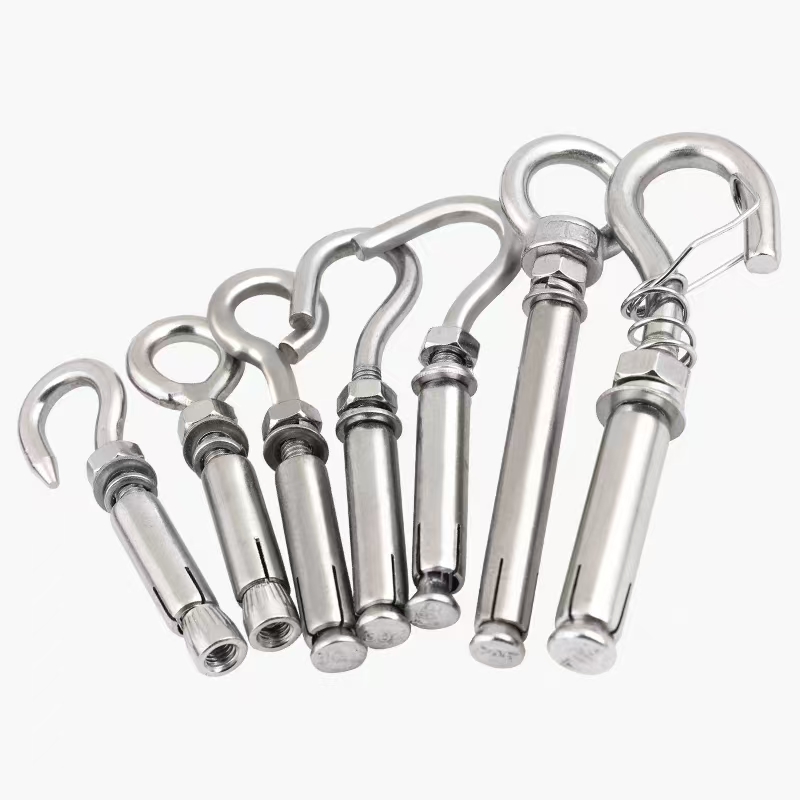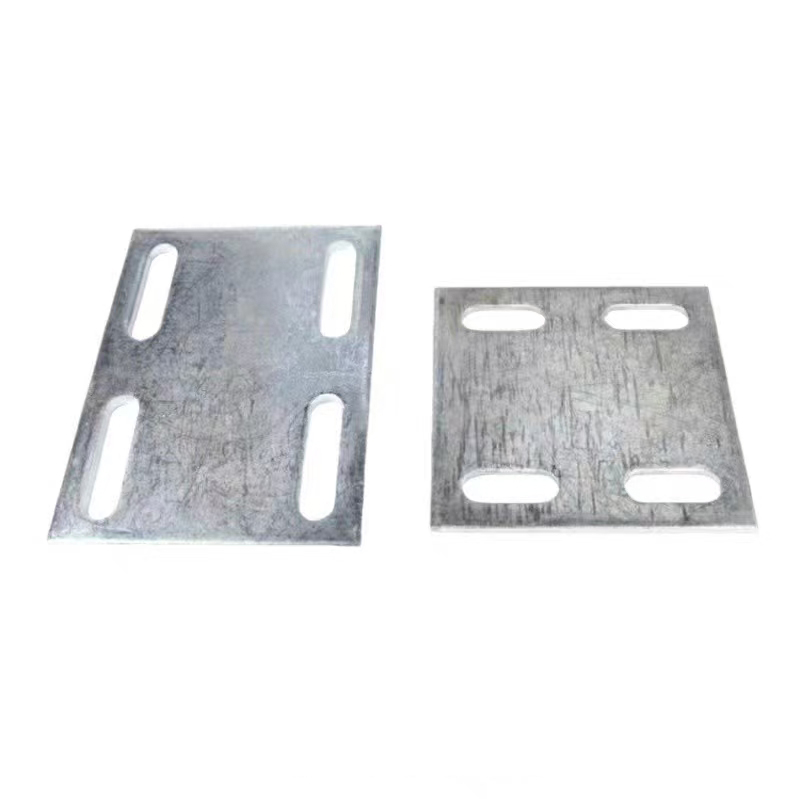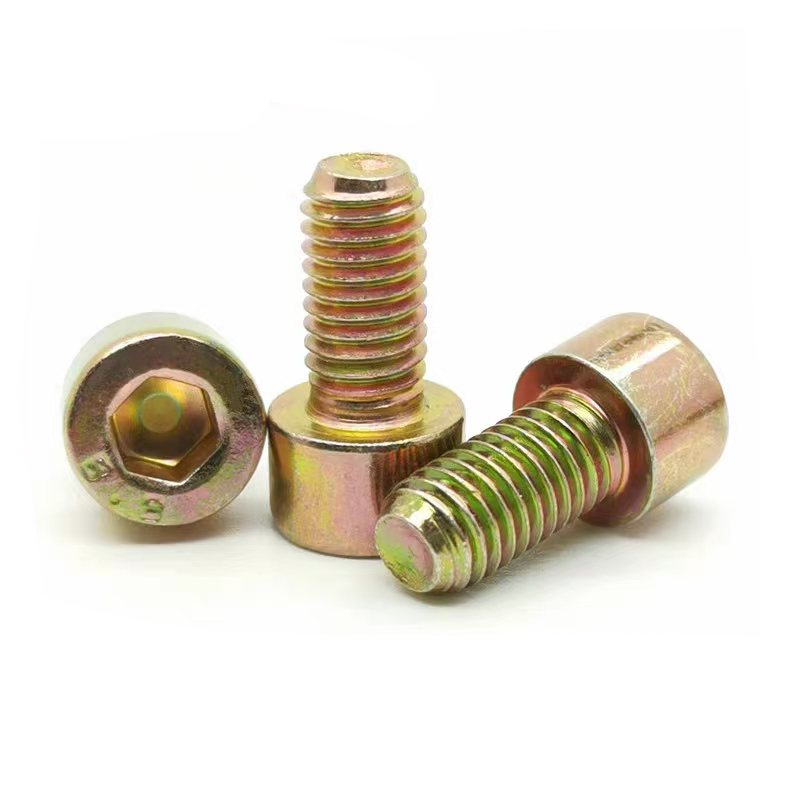- Chinese
- French
- German
- Portuguese
- Spanish
- Russian
- Japanese
- Korean
- Arabic
- Irish
- Greek
- Turkish
- Italian
- Danish
- Romanian
- Indonesian
- Czech
- Afrikaans
- Swedish
- Polish
- Basque
- Catalan
- Esperanto
- Hindi
- Lao
- Albanian
- Amharic
- Armenian
- Azerbaijani
- Belarusian
- Bengali
- Bosnian
- Bulgarian
- Cebuano
- Chichewa
- Corsican
- Croatian
- Dutch
- Estonian
- Filipino
- Finnish
- Frisian
- Galician
- Georgian
- Gujarati
- Haitian
- Hausa
- Hawaiian
- Hebrew
- Hmong
- Hungarian
- Icelandic
- Igbo
- Javanese
- Kannada
- Kazakh
- Khmer
- Kurdish
- Kyrgyz
- Latin
- Latvian
- Lithuanian
- Luxembou..
- Macedonian
- Malagasy
- Malay
- Malayalam
- Maltese
- Maori
- Marathi
- Mongolian
- Burmese
- Nepali
- Norwegian
- Pashto
- Persian
- Punjabi
- Serbian
- Sesotho
- Sinhala
- Slovak
- Slovenian
- Somali
- Samoan
- Scots Gaelic
- Shona
- Sindhi
- Sundanese
- Swahili
- Tajik
- Tamil
- Telugu
- Thai
- Ukrainian
- Urdu
- Uzbek
- Vietnamese
- Welsh
- Xhosa
- Yiddish
- Yoruba
- Zulu
- Kinyarwanda
- Tatar
- Oriya
- Turkmen
- Uyghur

manway gasket
Understanding Manway Gaskets in Industrial Applications
Manway gaskets might seem like a small component, but their impact on industrial efficiency and safety is significant. These sealing solutions are crucial in preventing leaks and ensuring pressure retention in tanks and vessels. Yet, many industries overlook details about material selection, installation techniques, and maintenance practices, which can lead to unexpected failures.
The Importance of Material Selection
When choosing a manway gasket, one cannot overstate the importance of material compatibility with the medium it will contact. For instance, using a rubber gasket in a high-temperature environment, like a chemical reactor, can lead to rapid degradation. I remember a case where a plant switch to PTFE gaskets due to its excellent resistance to aggressive chemicals, significantly reducing maintenance shutdowns.
However, even the most chemically resistant materials can fail if not backed by proper engineering judgment. It’s essential to consider not just the chemical nature, but also thermal expansion characteristics. I’ve seen operators caught off guard by a seemingly simple temperature fluctuation, causing massive leaks due to poorly matched gasket materials.
In essence, the right choice marries material properties with application-specific demands. Consulting manufacturers, such as Handan Zitai Fastener Manufacturing Co., Ltd., for recommendations based on real-world data often pays off in the long run.
Installation Techniques: Getting It Right
Even with the perfect gasket, poor installation can undo all the planning. Proper alignment and bolt torque are critical in ensuring effective sealing. Once, during my tenure in a refinery, an improperly aligned manway led to an unexpected shutdown, underscoring the need for precision during setup.
Torque specifications are there for a reason, and exceeding them often leads to gasket compression, causing early failure. I’ve been in scenarios where operators applied excessive force, falsely equating it with better sealing. Such errors became teaching points for meticulous installation practices.
Ensuring a clean sealing surface is equally critical. Residual debris can compromise both initial and long-term sealing effectiveness, a lesson learned during equipment overhauls in chemical processing units.
Maintenance Practices That Save Costs
Good maintenance practices can extend the life of manway gaskets significantly. Regular inspections and timely replacements are standard but often overlooked routines in heavy industrial settings. A robust schedule can minimize emergency interventions, which are typically more costly.
In various facilities, we’ve implemented periodic checks that align with shutdown schedules, substantially reducing the risk of gasket blowouts. During one inspection, minor leaks led us to discover that early replacement reduced deterioration costs substantially at one of our partner sites.
Consistent documentation of gasket performance provides valuable feedback for future applications and helps in refining material selection processes. Companies like Handan Zitai Fastener Manufacturing Co., Ltd., often offer insights based on vast production experience.
Challenges with Custom Gasket Solutions
Sometimes, standard gaskets won’t meet specific operational needs, necessitating custom solutions. This process isn’t without its challenges, often requiring collaboration with manufacturers to balance prototype creation with practical applications.
One technical hurdle encountered involved developing a composite gasket for high-pressure conditions. It required iterative design and rigorous field testing, emphasizing the complexity of custom solutions. Such projects often entail back-and-forth discussions, both internally and with our suppliers, ensuring all variables are accounted for.
The investment in custom gaskets can be substantial, but when tailored to particular scenarios, the long-term gains in performance and reliability are considerable. Engaging with expert producers, such as Handan Zitai Fastener Manufacturing Co., Ltd., whose experience in the field reflects in their custom offerings, is key to successful implementation.
Industry Trends and Innovations
The landscape of sealing technology, including manway gaskets, is continually evolving. Advancements in material sciences promise gaskets with enhanced durability and broader compatibility across sectors, responding to the diverse demands of modern industrial processes.
Innovations such as self-lubricating gaskets or those embedded with sensors for real-time leak detection are moving from experimental phases to mainstream applications. While the initial costs may pose a barrier, the potential savings in operational efficiency are hard to ignore. It’s fascinating to observe these trends and anticipate their impact—particularly in highly regulated industries like pharmaceuticals and food processing.
Keeping abreast with these developments, through networks of professionals and manufacturers like Handan Zitai Fastener Manufacturing Co., Ltd., informs our strategies and decision-making processes.
Related products
Related products
Best selling products
Best selling products-
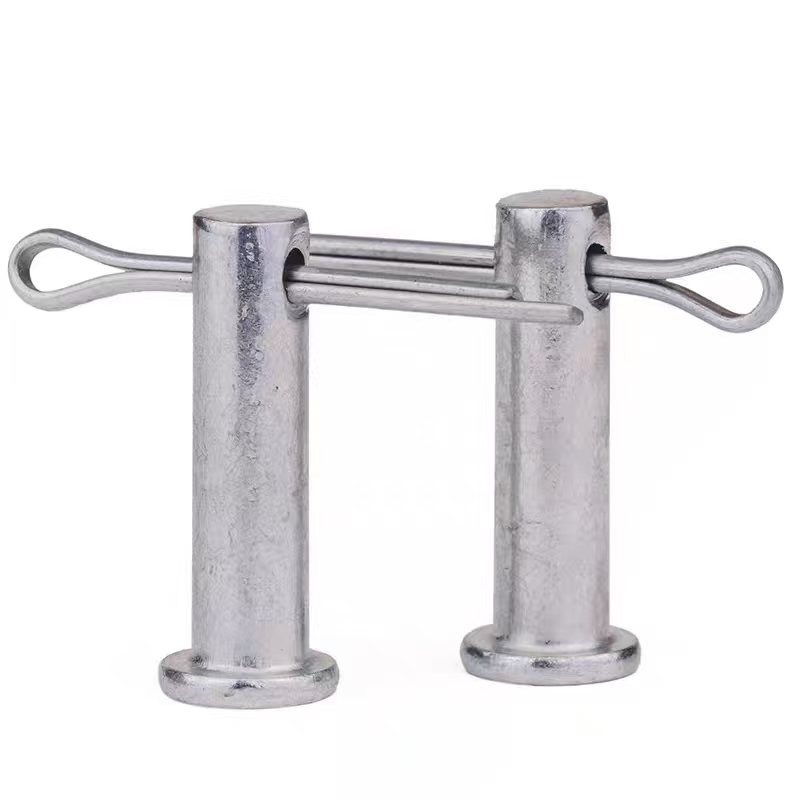 Electrogalvanized pins
Electrogalvanized pins -
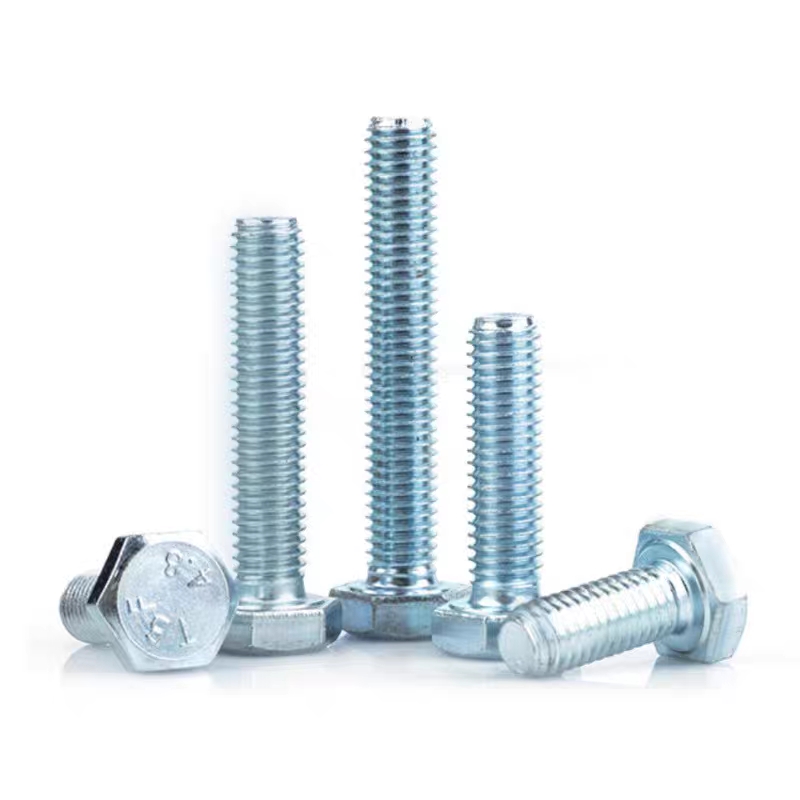 Electrogalvanized hexagonal bolts
Electrogalvanized hexagonal bolts -
 10.9S large hexagon bolts
10.9S large hexagon bolts -
 Black zinc plated hinge bolts
Black zinc plated hinge bolts -
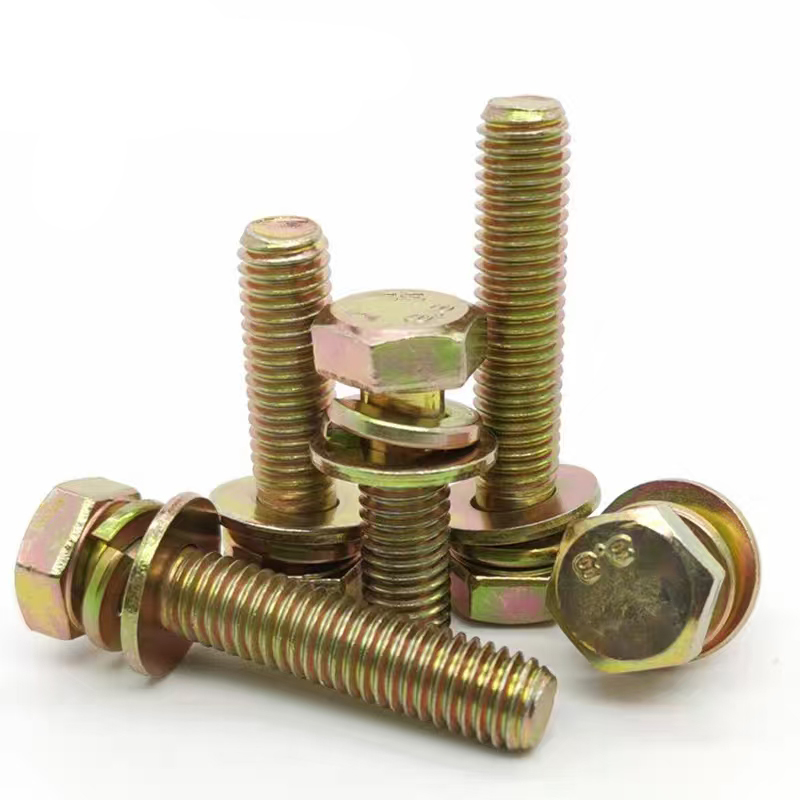 Colored zinc plated hexagonal bolts
Colored zinc plated hexagonal bolts -
 Welded plate anchor (welded plate anchor bolt)
Welded plate anchor (welded plate anchor bolt) -
 Electrogalvanized nuts
Electrogalvanized nuts -
 Black zinc plated hexagonal bolts
Black zinc plated hexagonal bolts -
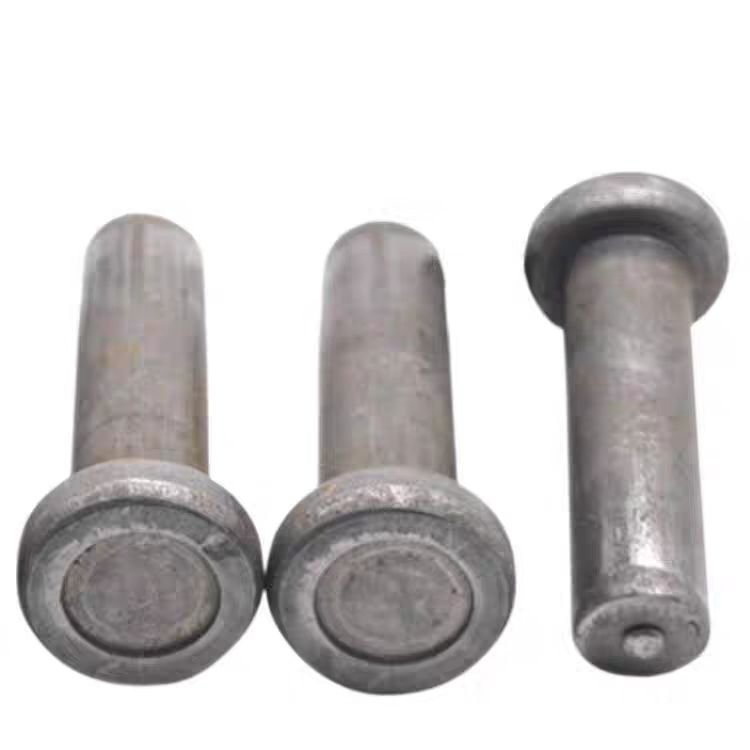 Steel structure welding studs
Steel structure welding studs -
 Welding nut (welding nut)
Welding nut (welding nut) -
 Butterfly bolts
Butterfly bolts -
 Umbrella handle anchor (J-type anchor bolt/umbrella handle embedded bolt)
Umbrella handle anchor (J-type anchor bolt/umbrella handle embedded bolt)



